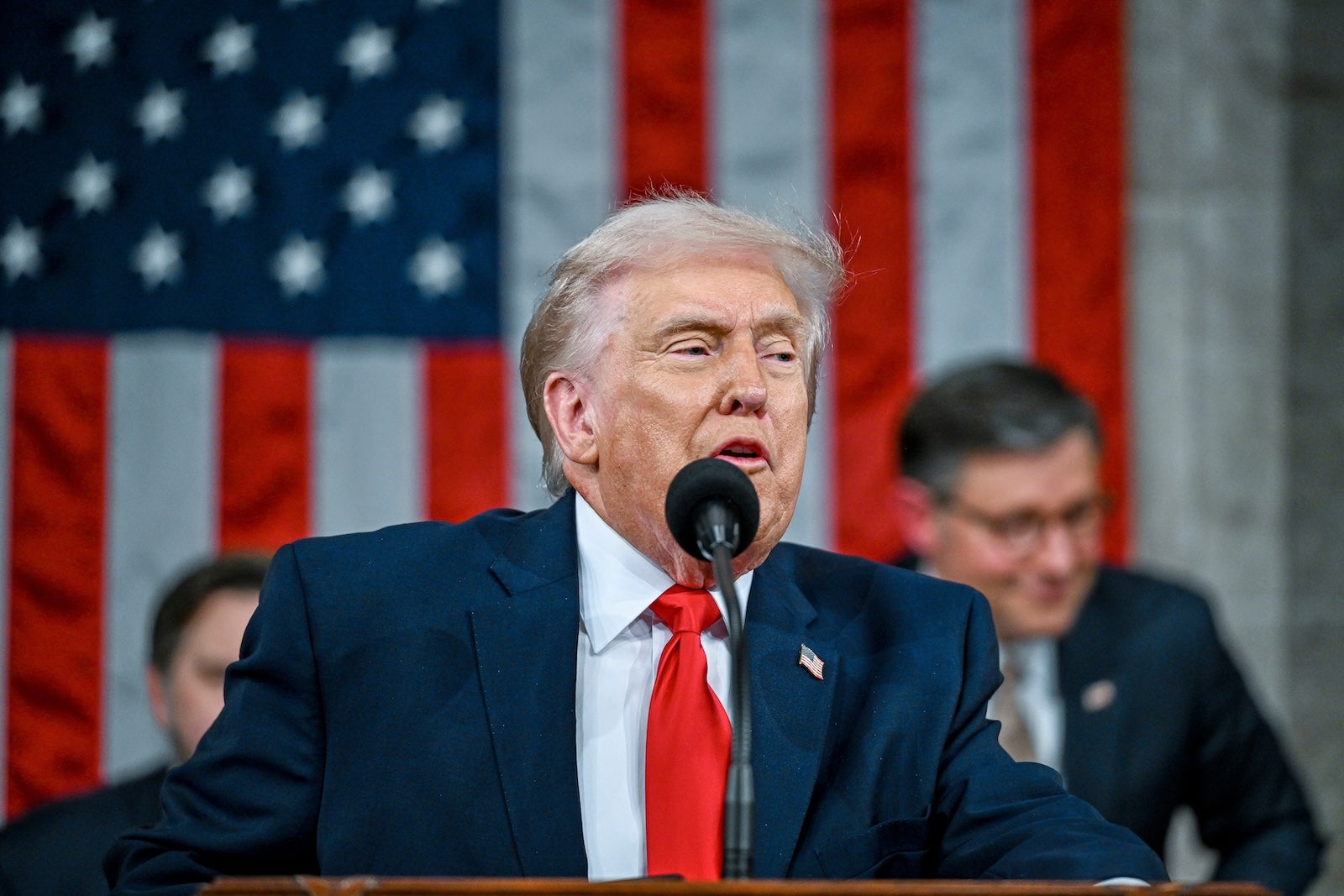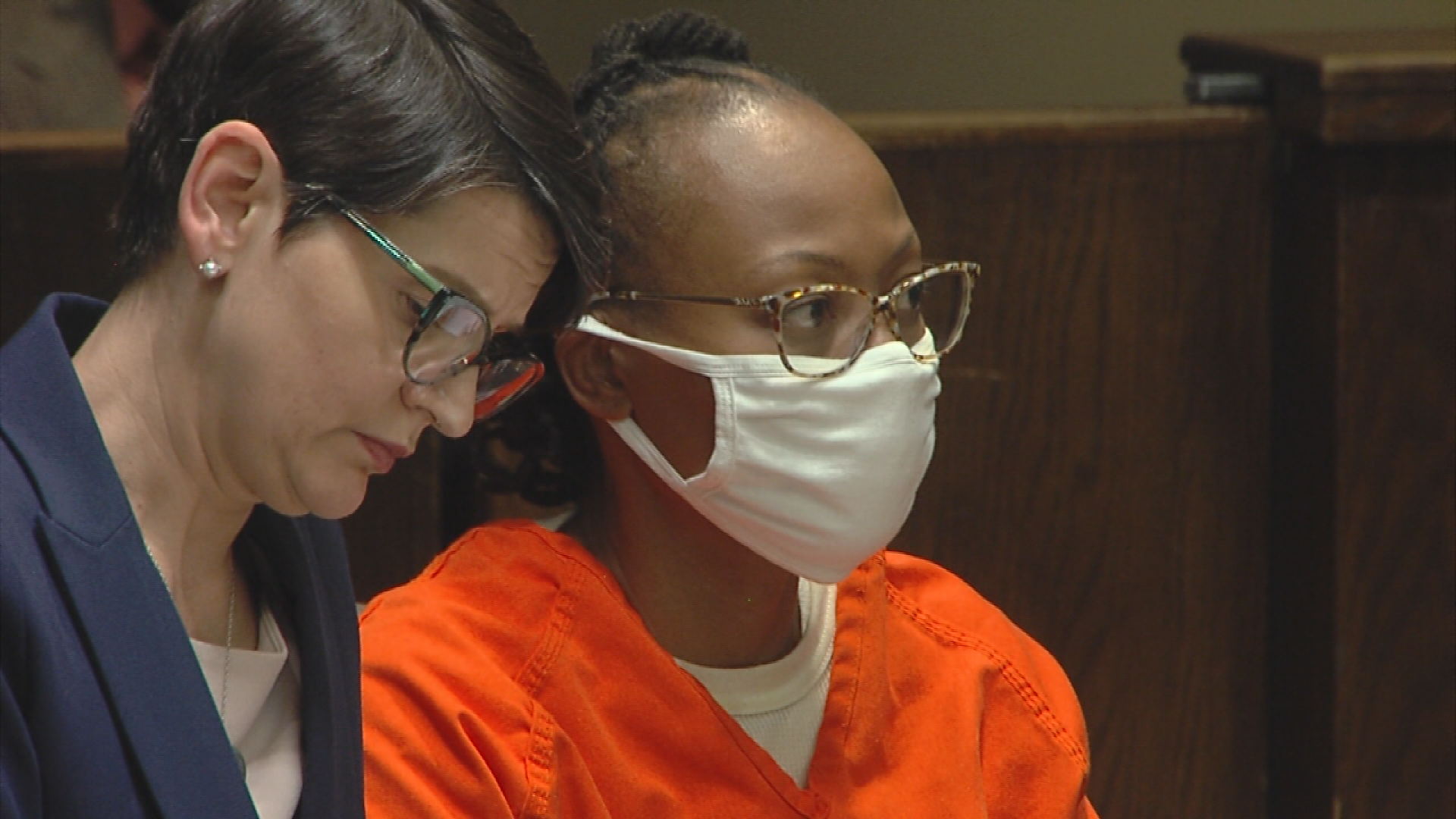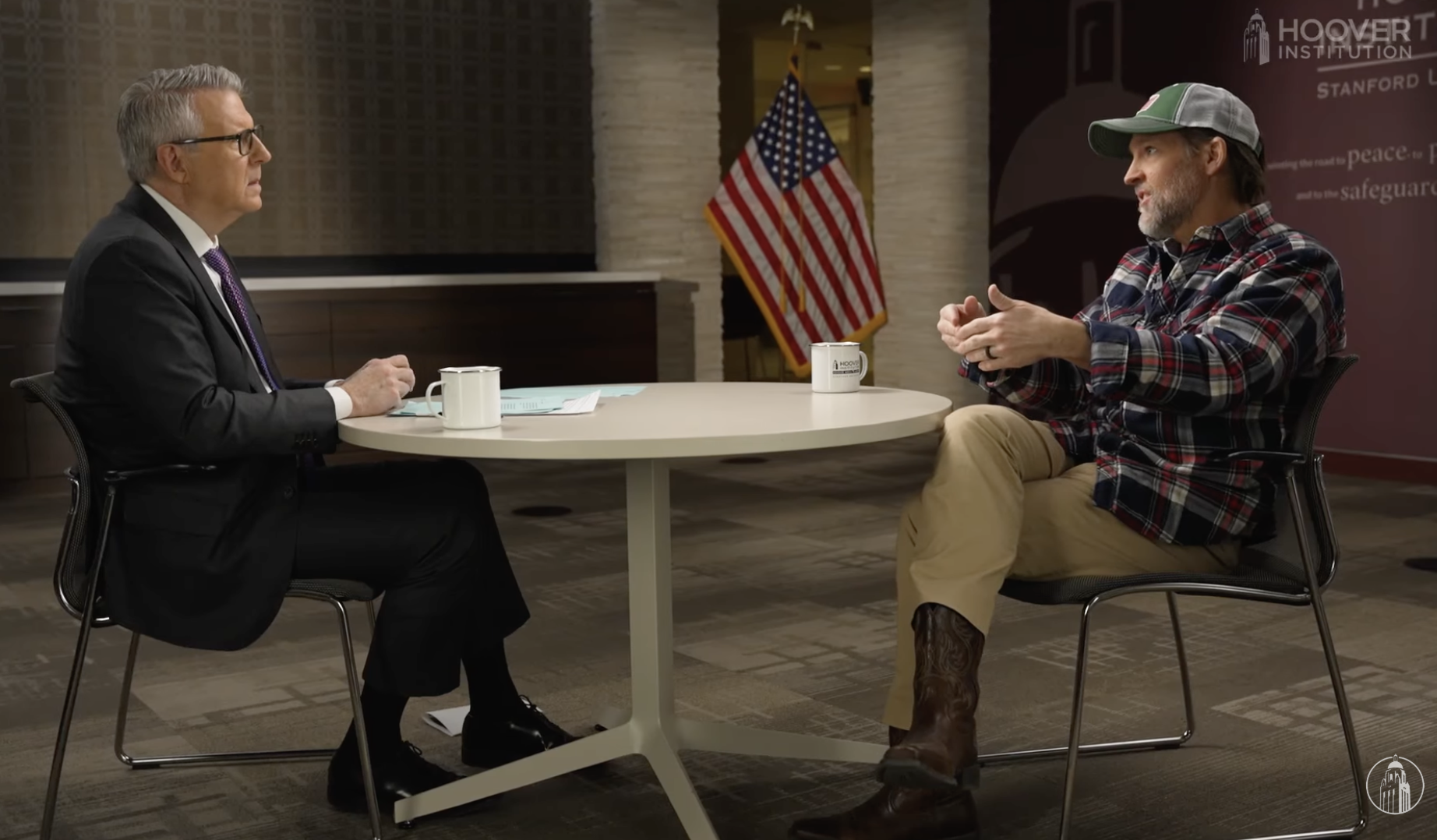As Rio Explodes Into War, Christ Continues To Shepherd In Brazil

Brazil — Evangelical Christianity continues its explosive growth across Brazil, with the faith now representing 26.9 percent of the population, or 47.4 million people, according to 2022 census data released by Instituto Brasileiro de Geografia e Estatística. This marks an increase from 21.6 percent in 2010, making evangelicals more than a quarter of Brazil's population for the first time in history.
Meanwhile, Brazil's historically dominant Catholic population fell from 65.1 percent to 56.7 percent during the same period. Those who identified as having no religion increased from 7.9 percent to 9.3 percent.
Even as helicopters are downed, and over 100 killed in Rio's latest cartel vs police war continues, Christ is continuing to call His flock.
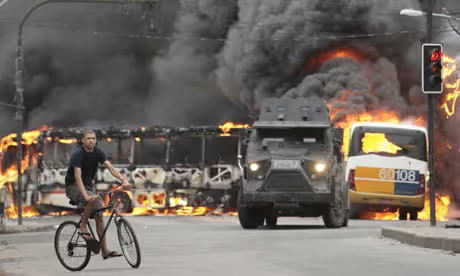
In an unprecedented shift, evangelicals outnumbered Catholics in two of Brazil's 27 administrative regions: Acre and Rondônia, both located in the country's northern Amazon region. In Acre, evangelicals made up 44.4 percent of the population compared to 38.9 percent Catholics. In Rondônia, the numbers were closer at 41.1 percent evangelical and 40.9 percent Catholic.
Signs of explosive evangelical growth are visible nationwide, with megachurches filled with thousands of worshippers each week. Pastor Andre Fernandes' Lagoinha Church in São Paulo exemplifies this movement. "We are living in the fulfillment of a promise," he said. "Formany decades, we have heard that Brazil would experience a wave of revival that would be exported around the world, and I believe that this is what we are experiencing at this moment."
On June 19, 2025, São Paulo hosted the 33rd annual March for Jesus, drawing an estimated two million participants in one of the world's largest Christian gatherings. The event, organized by Igreja Renascer em Cristo and recognized by federal law since 2009, featured over 20 well-known gospel artists including Aline Barros and Thalles Roberto. More than 20,000 caravans arrived from across Brazil for the massive worship event.

Political leaders attended in force, including São Paulo Governor Tarcísio de Freitas, Mayor Ricardo Nunes, and Supreme Court Minister André Mendonça, highlighting the growing influence of evangelicals in Brazilian politics. More than 30 percent of the country's legislators are now evangelical, with over 140 deputies and more than 20 senators. Many gather each Wednesday in the halls of Brazil's Congress for worship and prayer.
Lourival Pereira, pastor of a Foursquare Church in Belém in the Amazon region, oversees more than 10,000 members across roughly 600 cell groups.
"The foundation of our growth is these cells," he said. "The real revival is taking place outside the church walls. Every day, people are meeting in small groups in homes; it's the Biblical model."
One study found 17 new evangelical churches opening every day across Brazil. The country's first evangelical church opened in 1922. By 1990, the number had grown to more than 7,000 congregations. More than 30 years later, there are well over 100,000 evangelical churches nationwide.
According to the 2024 Lausanne Movement Report, Brazil ranks second only to the United States in the number of missionaries sent abroad, with over 40,000 Brazilian missionaries serving internationally.
Current estimates place Brazil's evangelical population near 50 million, and projections suggest evangelicals could become the majority religious group by 2030.
Paula Valadão, a prominent Brazilian worship leader whose music became synonymous with Brazil's powerful worship movement from the late 1990s to early 2000s, held concerts in strategic locations drawing millions of people, many of whom were Catholics.
"Like the carnival sight in Rio de Janeiro and in the soccer stadiums, Jesus broke every record, gathering more people than any soccer tournament," Valadão recalled. "We started seeing amazing salvation numbers."
The evangelical movement in Brazil is primarily driven by Pentecostal and Charismatic churches, including the Assemblies of God and the Universal Church of the Kingdom of God. These churches emphasize personal salvation, prosperity doctrine, powerful worship, and supernatural experiences including healing and deliverance.
The growth is concentrated among the poor, urban, young, Black and Brown populations, particularly women from the least educated strata with the lowest salaries. Evangelical churches provide not just spiritual guidance but also practical support including daycare, afterschool programs, drug rehabilitation centers, and community assistance during times of crisis.
In impoverished favela neighborhoods often ignored by government and the Catholic Church, evangelicals have stepped in to create support networks.
"If you lose your job, there is an infrastructure for you to receive help. If your kid is involved with drugs, you can find a lawyer," said Brazilian anthropologist Juliano Spyer.
However, the momentum of evangelical growth is slowing. Between 2000 and 2010, the total number of evangelicals in Brazil rose from 26.2 million to 42.3 million, an increase of more than 16 million people. From 2010 to 2022, the increase was just over 5 million people.
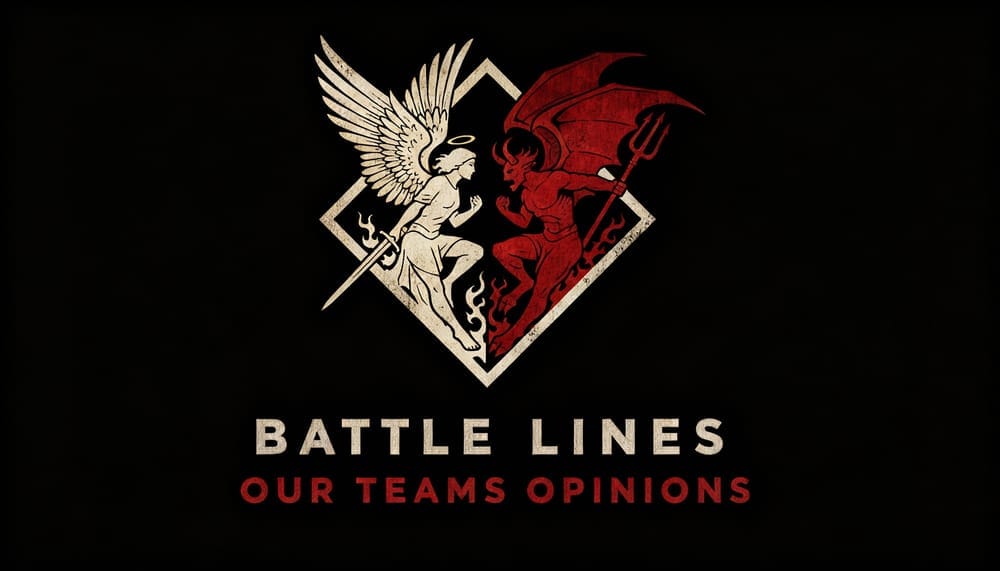
THE CRUSADER'S OPINION
Brazil is showing the world what happens when the Church stops playing church and starts transforming lives.
Forty-seven million evangelicals. Two million people marching for Jesus through São Paulo. Stadium worship events that break every attendance record. Seventeen new churches opening every day. This isn't a trend. This is a revolution. And it's happening in what was once the world's largest Catholic nation.
Why? Because evangelical churches in Brazil aren't debating pronouns or apologizing for Scripture. They're preaching the Gospel without compromise. They're healing addicts. They're feeding the poor. They're providing lawyers for families in crisis. They're building networks of support in favelas where government and the Catholic Church abandoned people decades ago.
The Catholic Church held Brazil for centuries through political power and cultural dominance. But when people needed hope, healing, and transformation, Catholicism offered liturgy and tradition. Evangelicals offered Jesus and the Holy Spirit. The people chose Jesus.
Notice what's driving this growth: the poor, the young, women, Black and Brown Brazilians. The forgotten. The marginalized. The people elite Catholicism ignored while building cathedrals. Evangelical Christianity is the largest self-organized movement of poor urban people in the world, and Brazil proves it.
While Western churches chase relevance by softening the Gospel, Brazilian evangelicals are preaching repentance, holiness, and the supernatural power of God. They're not embarrassed by faith healing or speaking in tongues. They're not watering down sexual ethics to appeal to culture. And they're growing at a rate that will make them the majority faith in Brazil within five years.
The political transformation is just as stunning. More than 30 percent of legislators are evangelical. They gather every Wednesday in Congress for worship and prayer. The governor's office holds monthly prayer meetings. This is what Christian influence looks like when believers stop apologizing and start leading.
Brazil's revival is being exported worldwide through 40,000 missionaries. Second only to America in sending missionaries, and they're doing it from a country with massive poverty and violence. That's faith. That's sacrifice. That's what the Great Commission actually looks like.
The Western Church needs to learn from Brazil: people don't need prettier buildings or hipper services. They need the power of the Gospel to transform broken lives. They need deliverance from addiction. They need communities that care when they're desperate. They need churches that believe God still moves in supernatural power.
Brazil is proving that when you preach the full Gospel without compromise, people respond. Millions of them.
TAKE ACTION
Support Brazil's Evangelical Movement and Mission Work:
- Brazilian Evangelical Alliance (Aliança Evangélica Brasileira)
Website: https://www.aliancaevangelica.org.br
(Support evangelical unity and mission work across Brazil) - SEPAL (Servicio Evangelizador Para America Latina)
Website: https://sepal.org.br
(Support church planting and evangelical growth research in Latin America) - Youth With A Mission (YWAM) Brazil
Website: https://www.ywam.org/locations/brazil
(Support Brazilian missionaries being trained and sent globally) - Brazilian Missionaries
Research and partner with Brazilian missionary organizations sending workers to unreached nations. Brazil is the future of global missions.


